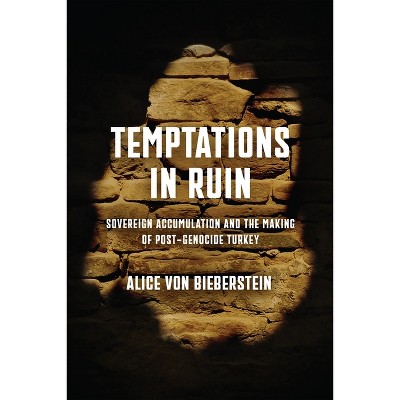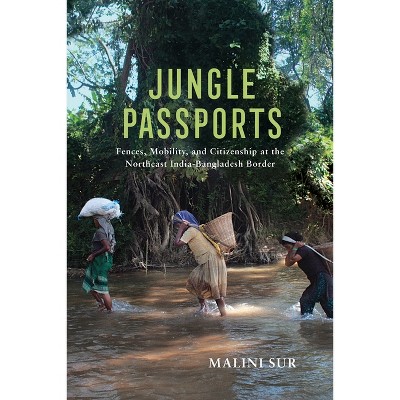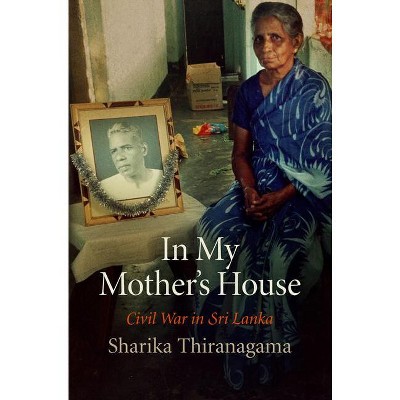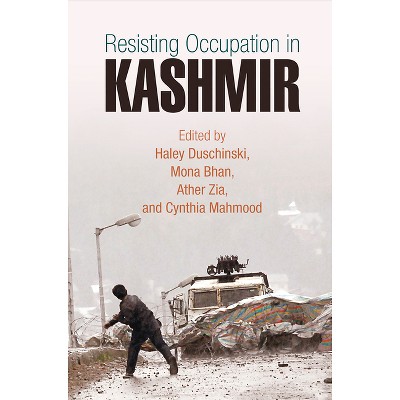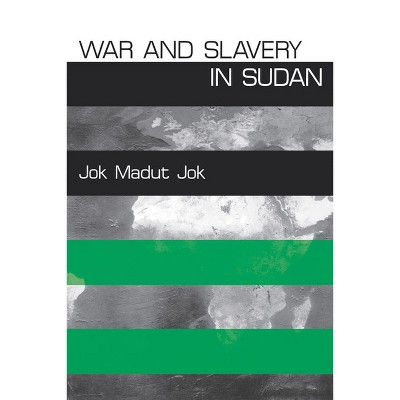Sponsored

The Violence of Recognition - (Ethnography of Political Violence) by Pinky Hota
In Stock
Sponsored
About this item
Highlights
- The Violence of Recognition offers an unprecedented firsthand account of the operations of Hindu nationalists and their role in sparking the largest incident of anti-Christian violence in India's history.
- About the Author: Pinky Hota is Associate Professor of Anthropology at Smith College.
- 240 Pages
- Social Science, Anthropology
- Series Name: Ethnography of Political Violence
Description
About the Book
"The Violence of Recognition offers an unprecedented firsthand account of the role of Hindu nationalists in mobilizing the largest incident of anti-Christian violence in India's history. Pinky Hota explores the roots of ethnonationalist conflict between the Kandha, who are Adivasi (tribal people considered indigenous in India), and the Paana, a community of Christian Dalits. Hota documents how Hindutva mobilization led to outbreaks of violence, culminating in attacks against thousands of Paana in the district of Kandhamal in 2008. Showing how the legally protected status of Adivasis and the putatively liberatory, anti-capitalist discourse of indigeneity are leveraged to justify political, economic, and cultural exclusion of Dalits-particularly those such as the Paana, who as Christians are not recognized as a Scheduled Caste and consequently struggle for recognition by the state-, The Violence of Recognition reveals the violent implications of minority recognition in creating and maintaining hierarchies of racial capitalism"--Book Synopsis
The Violence of Recognition offers an unprecedented firsthand account of the operations of Hindu nationalists and their role in sparking the largest incident of anti-Christian violence in India's history. Through vivid ethnographic storytelling, Pinky Hota explores the roots of ethnonationalist conflict between two historically marginalized groups--the Kandha, who are Adivasi (tribal people considered indigenous in India), and the Pana, a community of Christian Dalits (previously referred to as "untouchables"). Hota documents how Hindutva mobilization led to large-scale violence, culminating in attacks against many thousands of Pana Dalits in the district of Kandhamal in 2008.
Bringing indigenous studies as well as race and ethnic studies into conversation with Dalit studies, Hota shows that, despite attempts to frame these ethnonationalist tensions as an indigenous population's resistance against disenfranchisement, Kandha hostility against the Pana must be understood as anti-Christian, anti-Dalit violence animated by racial capitalism. Hota's analysis of caste in relation to race and religion details how Hindu nationalists exploit the singular and exclusionary legal recognition of Adivasis and the putatively liberatory, anti-capitalist discourse of indigeneity in order to justify continued oppression of Dalits--particularly those such as the Pana. Because the Pana lost their legal protection as recognized minorities (Scheduled Caste) upon conversion to Christianity, they struggle for recognition within the Indian state's classificatory scheme. Within the framework of recognition, Hota shows, indigeneity works as a political technology that reproduces the political, economic, and cultural exclusion of landless marginalized groups such as Dalits. The Violence of Recognition reveals the violent implications of minority recognition in creating and maintaining hierarchies of racial capitalism.Review Quotes
"Essential...[This] is necessary reading for those interested in caste, indigeneity, religious mobilization, and religious freedom in India."-- "Choice"
"A vivid account and powerful analysis of the Hindu nationalist campaign to appropriate indigenous religion and convert neighbors into enemies. Pinky Hota makes a decisive intervention in the political anthropology of South Asia that will have ramifications for indigenous studies and the critical study of majoritarianism worldwide."-- "Joel Lee, author of Deceptive Majority: Dalits, Hinduism, and Underground Religion"
About the Author
Pinky Hota is Associate Professor of Anthropology at Smith College.





